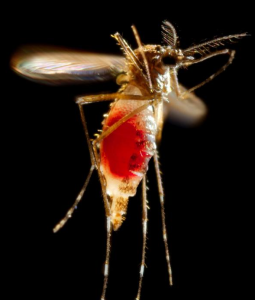By NewsDesk @infectiousdiseasenews
Sri Lanka reported more than 100,000 dengue fever cases in 2019, one of the most active dengue years on the island country.

Health officials continue to see high numbers of dengue fever during the beginning of 2020.
During January, health officials saw 8,435 cases, including more than 1000 cases in Colombo and Trincomalee districts.
This comes as Sri Lankan officials plan to launch a pilot project to combat dengue by means of Wolbachia bacteria on Feb. 17.
1st novel coronavirus case confirmed in Sri Lanka
National Dengue Control Unit (NDCU) Director Dr. Anura Jayasekera said the bacteria ‘Wolbachia’ is to be injected into the bodies of the Aedes aegypti mosquitoes and will commence in Dematagoda and Nugegoda areas.
Wolbachia, inside the body of the vector, competes with the virus for food and energy, making it hard for the virus to reproduce inside the mosquitoes, inhibiting the transmission of the virus. The bacterial is naturally passed on from one mosquito generation to another through eggs. Safe for humans and the environment the release of Wolabachia induced A. aegypti by the NDCU is scheduled to happen during the first two weeks of February.
Meanwhile, the cause for high-rise of the dengue patients, during the past two months of January and December 2019 is due to the changing weather patterns and the latent serotype being active (DENV3), said Dr. Jayasekera.
- Canada: 3rd novel coronavirus case reported in Ontario
- Germany: Munich man is country’s 8th novel coronavirus case
- Peanut allergies: FDA approves Palforzia for children
- Brazil accounts for 88% of the total confirmed measles cases in the Americas in 2019
- Pakistan polio cases rise to 4, Three countries halt vaccine-derived polio outbreaks
- Kenya: Suspected anthrax send 18 to hospital in Bomet County
- Philippines confirms 1st novel coronavirus pneumonia death outside China

